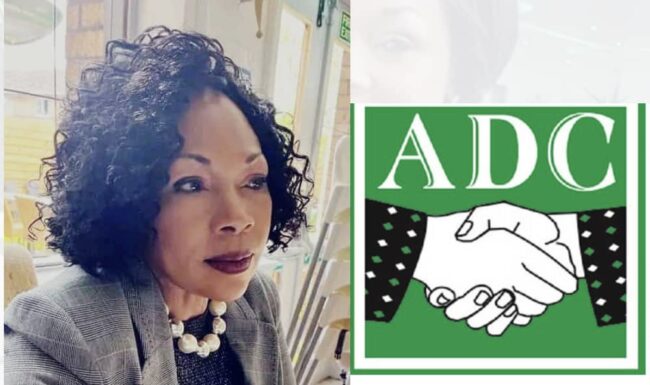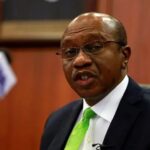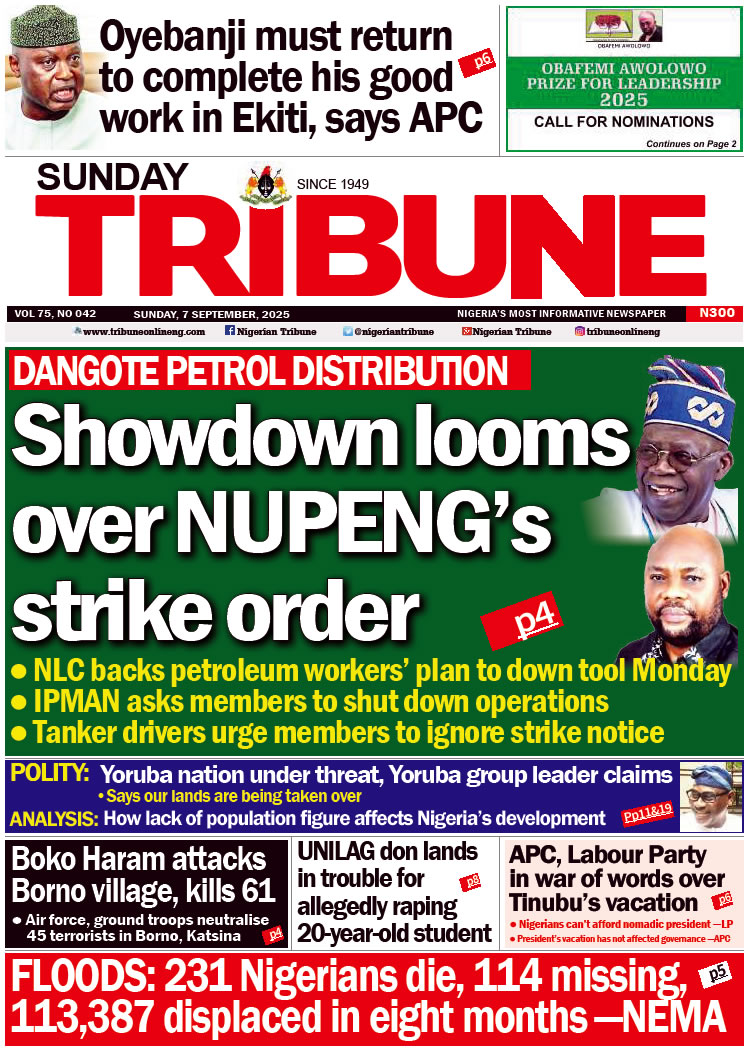By: Mabel Oboh
The recent announcement by the Nigerian government of fuel subsidy removal is a significant policy change that has garnered a wide range of reactions from different segments of society.
Despite the widespread outcry trailing the removal of fuel subsidy in the country, the newly-sworn in government has insisted that fuel subsidy was gone for good, claiming that there is no funds for it anymore.
Nigeria’s 16th democratically elected President, Bola Tinubu, sparked off the fuel subsidy controversy during his inaugural address on May 29, when he announced that petrol subsidy was gone. Their reason was that the immediate past administration of Muhammadu Buhari did not make provision for subsidy in the 2023 budget beyond June 2023.
To the dismay of Nigerians, within 24 hours of the President’s announcement, the price of petrol –Premium Motor Spirit (PMS) – across the country increased to between N488 and N557 per litre. That was from the former price of about N150. This threw Nigerians off balance. Many are confused as they have not been reached with clarifications on what is really going on. Some filling stations stopped selling petrol to motorists, awaiting a new price regime, while others set arbitrary prices in Lagos, Abuja and other major cities across the country. Tripling the cost of living for a population already considered the poorest in the world is a smirk of insensitivity, a leadership flaw, which in this case, is capable of making the world’s poverty capital transit quickly to grave-yards status.
Putting into account the economic woes Nigerians are currently facing, there is no doubt that the decision to remove fuel subsidy is expected to have a notable impact on inflation, particularly concerning transportation costs, food prices and the prices of imported goods.
Public policies are meant to always protect the interest of the masses and not forced on them to wipe away their means of livelihood and make them destitute and beggars. It is inhumane to put out a policy without consulting stakeholders and considering the interest of the public. Once the impact on the common man has been considered, gradual implementation of the policy then follows.
To alter the price of an essential commodity like the PMS by 300 percent in one full swoop is beyond comprehension and a public policy disaster that is certain to create very many unintended consequences. No magic wands, spin-doctors media fireworks and President Tinubu’s deployment of his far reaching connections will ever make this approach the best way to address the troubling issue of fuel subsidy.
From the negative results, it is obvious that neither were the masses’ interest considered nor implementation properly thought out. In any case, the policy was a complete hoax in the first place as claimed by some analysts, who have argued that fuel subsidy in Nigeria was never in existence but a ploy all along for some elites to siphon the country’s hard earned foreign exchange into private pockets.
However, it is important to note that fuel subsidy reforms have been carried out successfully by many countries such Indonesia and India without crippling their economy. These exemplary successes can serve as a guide to the Nigeria government. Take Egypt for instance. They embarked on a long term well-structured subsidy reform stretching from 2014 to 2022. Fiscal pressures, economic reforms and IMF support drove the reform. Also, the government implemented gradual price increase, automatic pricing mechanisms and social protection measures. Most significantly, Egypt is using the fuel subsidy savings to expand social safety nets, health insurance and other public services.
In Europe, where the government allow market forces determine the price of fuel, the people do not lack basic infrastructure. Tellingly, the minimum wages of those countries are high.
But here in Nigeria, we delight in putting the proverbial cart before the horse. The Federal Government is only just holding meetings with labour and setting up a committee. As long as we still import fuel, as long as the refineries are dead, as long as the most basic of amenities are still a luxury, as long as those that were ‘eating’ the subsidy monies are still around, Nigeria will remain the poverty capital of the world. So the question is how low are Nigerians expected to get? Even if the current miserly minimum wage is increased by 100%, the existential realities of the costs of transportation, food, water, power and, with poignancy, security will ensure the masses remain at the lowest rung of “multidimensional poverty”.
Should the common people in Nigeria be ambushed as sacrificial lambs on the altar of the corruption in the oil industry and Nigeria government. This should bug the conscience of all patriots. To Mr President, his government and all elites in the power corridor, the question is which way is Nigeria headed?
Mabel Oboh for ADC Public Policy, Information and Publicity Directorate
WATCH TOP VIDEOS FROM NIGERIAN TRIBUNE TV
- Let’s Talk About SELF-AWARENESS
- Is Your Confidence Mistaken for Pride? Let’s talk about it
- Is Etiquette About Perfection…Or Just Not Being Rude?
- Top Psychologist Reveal 3 Signs You’re Struggling With Imposter Syndrome
- Do You Pick Up Work-Related Calls at Midnight or Never? Let’s Talk About Boundaries






